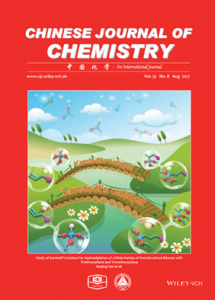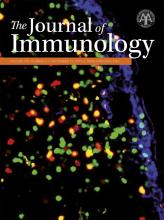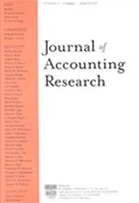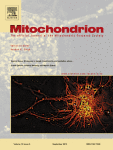 A 2011 chemistry paper required corrections so extensive that the author published the changes as a second, longer paper.
A 2011 chemistry paper required corrections so extensive that the author published the changes as a second, longer paper.
Both papers, published in the Chinese Journal of Chemistry, described the synthesis of a protein molecule with potential therapeutic applications in cancer. But when the paper’s corresponding author Yikang Wu tried to continue the work, he discovered that a substantial part of the 2011 study was incorrect.
The original paper is not marked with any editor’s note, even though the new paper — which is three pages longer than the 2011 version — acknowledges it is a “partial retraction/correction of previous results.” The new paper does appear in the list of “related content” for the 2011 article.
Given the errors, in the 2017 paper, Wu and his co-authors write: Continue reading Chemistry journal issues correction longer than original paper
 Two journals have retracted papers by a biologist who was
Two journals have retracted papers by a biologist who was 
 Earlier this year, a raging controversy regarding a new drug spilled into the pages of a leading medical journal: the head of the U.S. Food and Drug Administration and another official publicly
Earlier this year, a raging controversy regarding a new drug spilled into the pages of a leading medical journal: the head of the U.S. Food and Drug Administration and another official publicly 
 Different journals follow different editorial policies — but we’ve never seen any charge money to authors who want to appeal an editorial decision. Until now.
Different journals follow different editorial policies — but we’ve never seen any charge money to authors who want to appeal an editorial decision. Until now. Journals have posted two corrections alongside papers by
Journals have posted two corrections alongside papers by 
 After
After